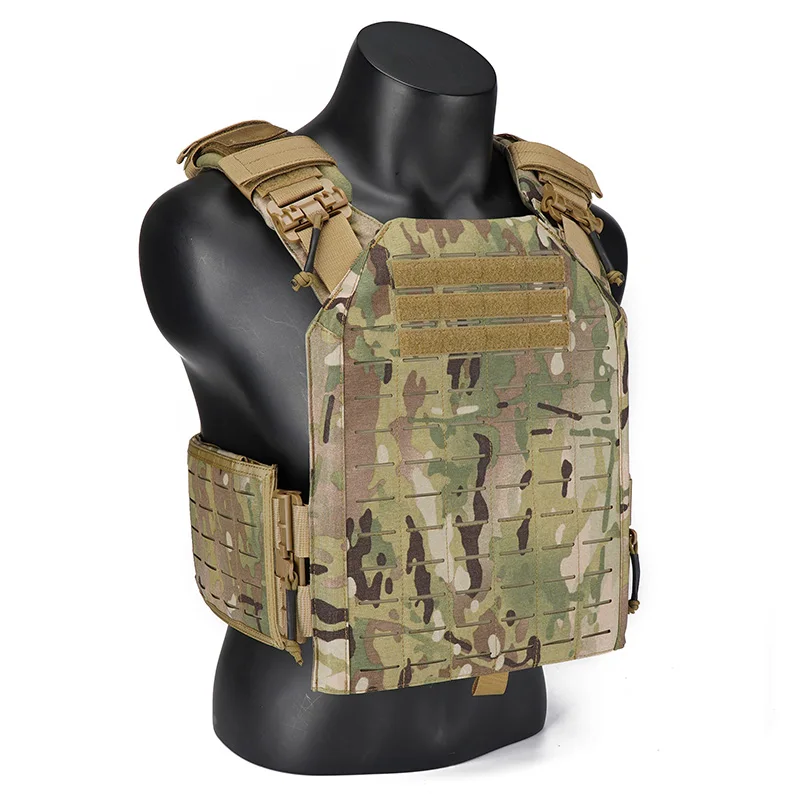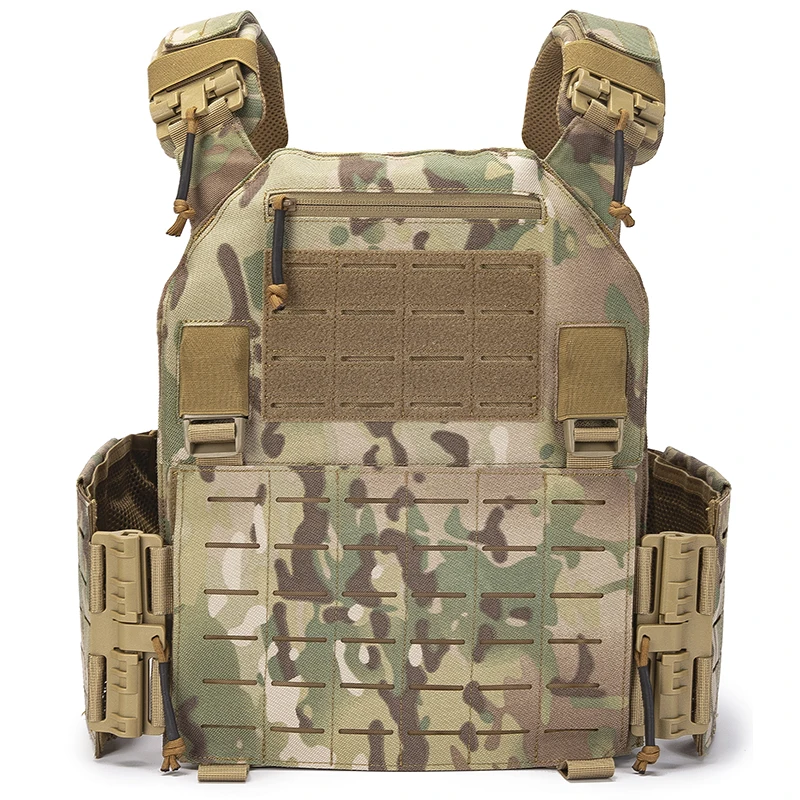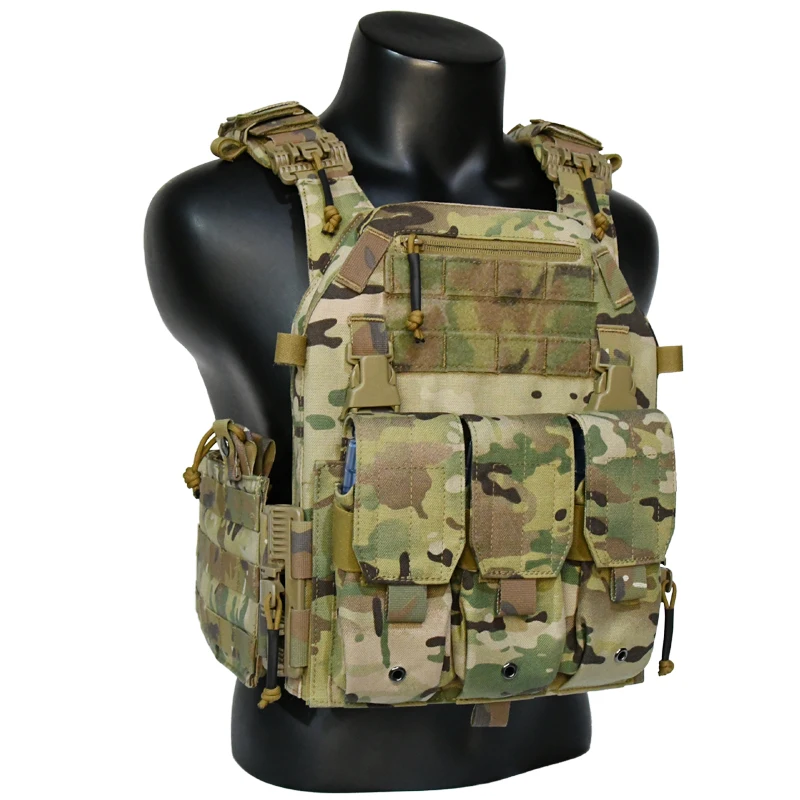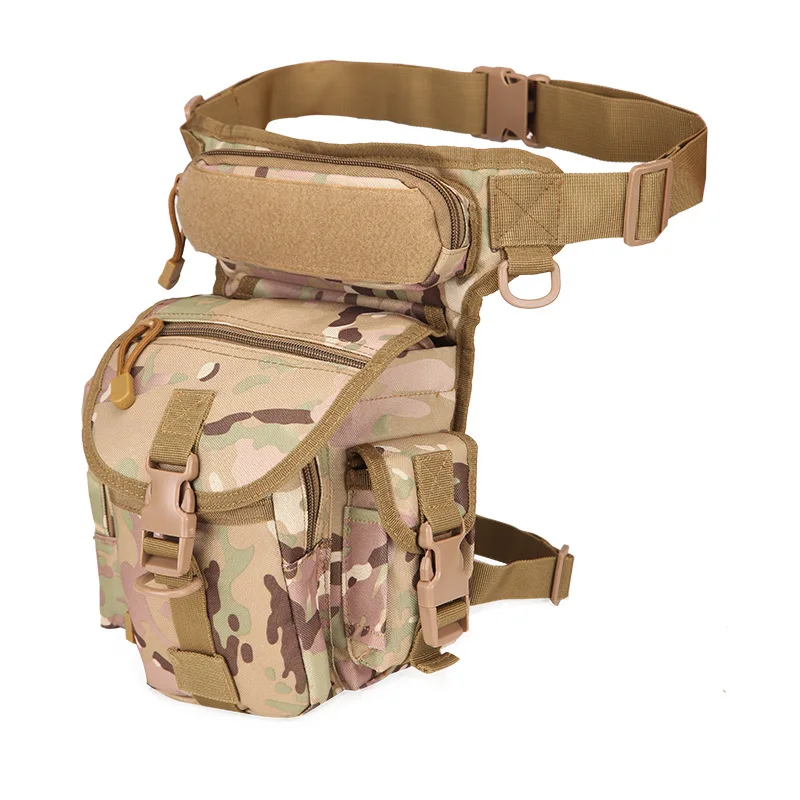Tactical Gear
PRODUCTS
Hunting Backpack Reviews Find Your Ideal Pack Today
Capacity and Size
The first and perhaps most important consideration is capacity. How much gear do you need to carry? This depends heavily on the type of hunting you do, the duration of your hunts, and the climate. A day hunt requires a much smaller pack than a multi-day backcountry expedition. Consider the essentials: ammunition, water, food, first-aid kit, extra clothing, navigation tools, and any specialized hunting equipment. Measure the volume of your gear to get a realistic idea of the pack size you’ll need. Don’t forget to account for future purchases or upgrades to your equipment.
Beyond overall volume, consider the pack's organization. Internal and external pockets, dedicated compartments for specific items (like a hydration bladder sleeve or weapon holster), and compression straps all contribute to efficient packing and easy access to essential items. A well-organized pack makes a huge difference in managing your gear during a hunt, saving you precious time and energy.
Comfort and Fit
Comfort is paramount, especially during long hunts. A poorly fitting pack can lead to back pain, shoulder strain, and overall fatigue. Look for features like adjustable torso length, padded shoulder straps and hip belt, and a breathable back panel. These features distribute weight evenly, reducing strain on your body and increasing comfort. Before purchasing, try on the backpack fully loaded with the weight you expect to carry. Walk around and assess the fit; you should feel comfortable and secure with the load.
Consider the pack's weight as well. A lighter backpack will always be preferable, especially if you are carrying a heavy load of gear. Lightweight materials, like durable nylon or ripstop fabric, are designed to reduce the overall weight of the pack without compromising durability.
Durability and Materials
Investing in a durable hunting backpack is crucial. You'll be exposing it to rough terrain, unpredictable weather conditions, and potentially sharp branches or rocks. Look for backpacks made from high-quality, water-resistant materials like ripstop nylon or Cordura. Reinforced stitching in high-stress areas is also a significant indicator of durability. Check the zippers, buckles, and straps; they should be robust and reliable.
Consider the waterproofing of your backpack. While complete waterproofing is difficult to achieve, look for water-resistant materials and features like a rain cover to protect your gear from the elements. Keeping your gear dry can be the difference between a successful and miserable hunt.
Features and Accessories
Numerous features can enhance the functionality of a hunting backpack. A hydration reservoir compartment is a valuable addition for staying hydrated during long hunts. Weapon carrying systems can vary from simple scabbards to more integrated designs for carrying firearms securely and comfortably. Molle webbing allows for the attachment of additional pouches and gear, offering flexibility and expandability. Consider which features are most important for your hunting style and needs.
Finally, don’t overlook the importance of reading reviews from other hunters. Real-world experiences provide invaluable insight into a backpack's performance and durability under actual hunting conditions. Look for reviews that address the aspects discussed above, focusing on the longevity and reliability of the product.
SUBSCRIBE
INQUIRY










